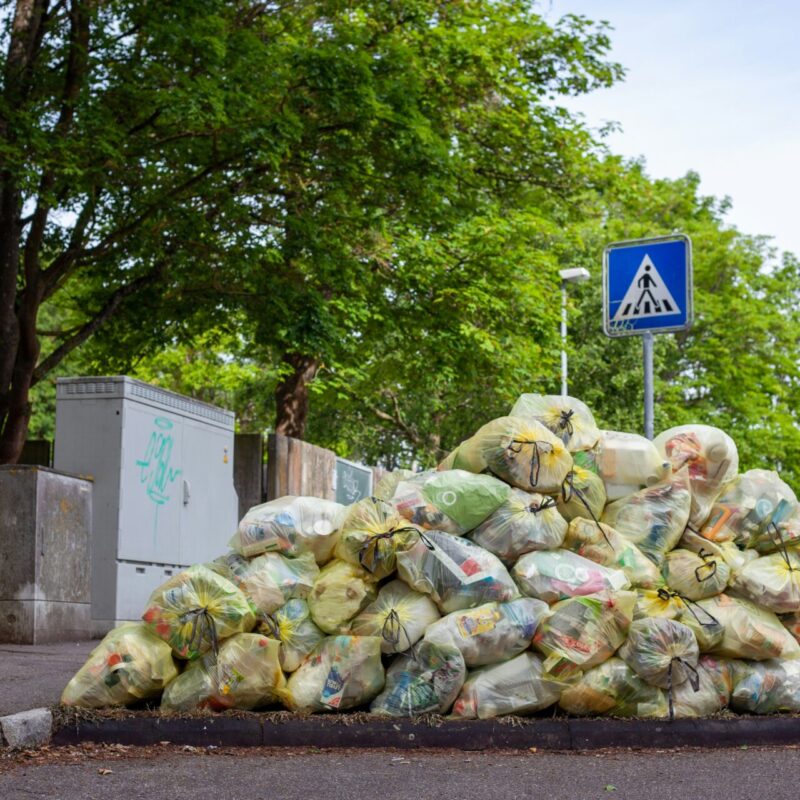Food Waste? Let’s not waste this opportunity!

The Ministry of Agriculture and Rural Development has announced the news that it plans to amend the law against food waste. “Every second food is wasted in Poland, which we can count as 184 loaves of bread. And every Pole throws away an average of about 250 kilograms of food worth about PLN 3,500 every year,” said Secretary of State Michał Kołodziejczak during a press conference at the Polish Sejm on the amendment to the law on not wasting food. The change in the law is expected to ensure that food in Poland is not thrown away on such a large scale as at present.”
In 2022 REV appealed for an urgent amendment to the aforementioned law, pointing out that combating food loss and waste by recovering and redistributing surplus food that is actually fit for human consumption and would otherwise be wasted has an important social dimension for those who cannot afford to buy food and who have less income, less access to healthy, sustainable food. Indeed, it is estimated that one-third of all food produced worldwide is lost or wasted. In 2016, an estimated 13.8% of food produced was lost throughout the food supply chain prior to retail. Combating food waste is a key issue in the transition to a more sustainable food system, as this waste is seen as one of the main symptoms of the current unsustainable food system. We have now incorporated the topic of countering food waste into the Plant Based School Program.
We have identified key elements of the reform:
- expanding the catalog of entities to which food can be donated – with a special focus on local government units;
- a significant increase in penalties for failure to meet obligations under the law;
- prohibition of actions aimed at making unsold goods unfit for consumption;
- introducing the subject of food waste prevention and sustainable food system into schools;
allowing the transfer of food beyond the minimum shelf life, mislabeled (except for mislabeling of allergens) or with damaged packaging, provided it is not spoiled; - allowing bona fide donations of food to charity that is of good quality and properly labeled;
- allowing food that has reached its minimum shelf life (“best consumed before…”) to be transferred to the relevant entities as non-threatening to health (this will also have an educational value).
- We look forward to the start of the consultation!
Credit: unsplash

